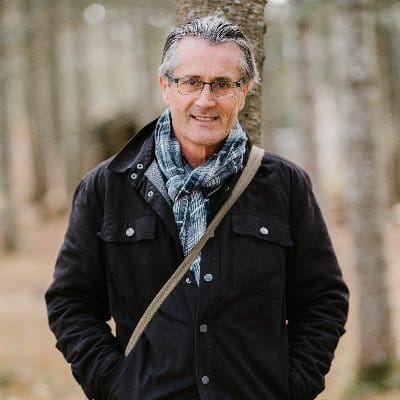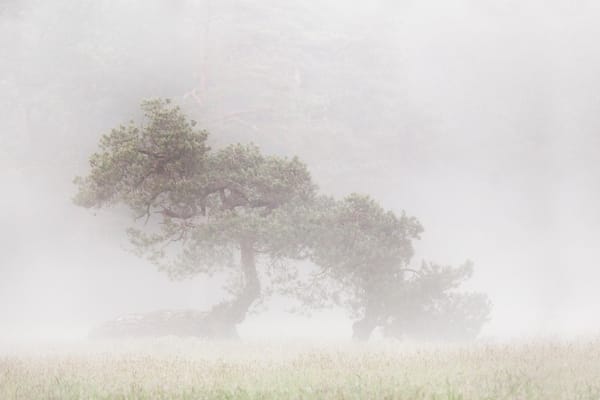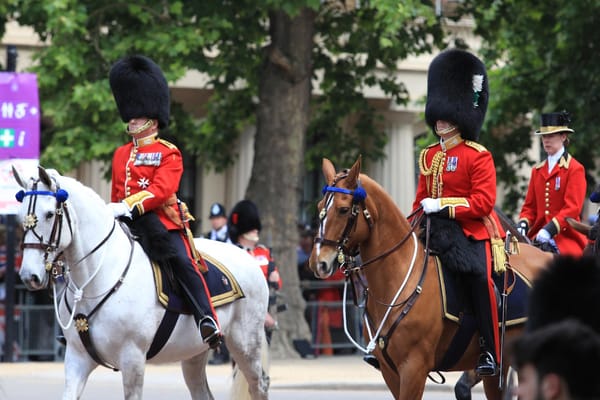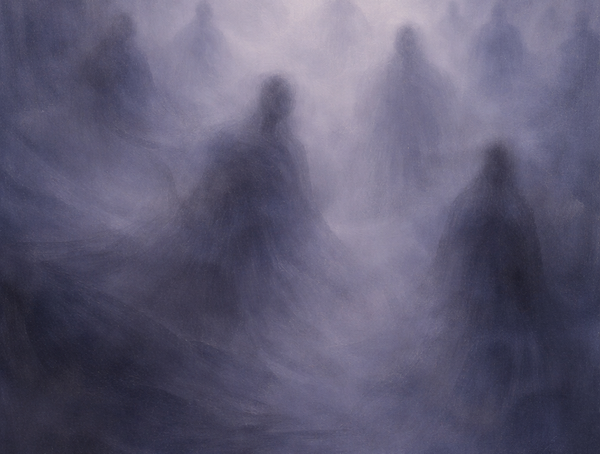Discerning the Real: A Path of Living Cognition I
A first step into the path of living thinking: not naming, but beholding. Not concluding, but remaining with the unfolding of what is.

A first step into the path of living thinking: not naming, but beholding. Not concluding, but remaining with the unfolding of what is.


Module 1: Before Knowing
There is a moment in experience, rarely noticed, when the soul meets the world before names arise. It is not a mystical state, nor something distant from daily life. It is the simple fact of perceiving before cognition has completed itself. This moment—where the world is still tabling, treeing, or flowing toward a name—is the ground of what Steiner called living thinking.
In ordinary experience, we assume knowing begins with a name. A child points and says "tree." We nod. We call it knowledge. But this gesture is not yet knowledge. It is a closure. It is the end of an activity that began much earlier: a beholding, a living attentiveness, a forming movement that brings the phenomenon into clarity. The name arrests it. It captures—but also limits.
To truly understand what it means to know, we must return to the moment before knowing. Not regress into vagueness, but become awake to what precedes the name: the formative field of perception. In this field, thought is not yet a concept; it is an activity. It is not content but movement. To dwell there is not to become passive but to become morally awake to the way being reveals itself in time.
Steiner's Theory of Knowledge is not a doctrine but a path. It begins in this: the moral stance of not reducing. It asks: Can I allow the other—whether tree, person, or idea—to be? To become? Without closing it with a label, a judgment, or an interpretation that ends its motion?
In this sense, the first gesture of cognition is reverence. It is restraint. It is the decision not to impose. It is the will to see, not with curiosity, but with ethical stillness. This is not a spiritual sentiment but a cognitive discipline.
From this stance, the inner world begins to take on reality—not as projection or emotion, but as a lawful field of becoming. Thoughts arise, but they are not detached from will. They are acts. Beholding itself becomes a way of participating in truth.

This module initiates the series with that gesture: dis-cerning. Not yet naming. Not yet concluding. Just the willingness to behold what is in the world in a constant process of being, of taking form.
To proceed, we must practice this—not as an abstraction, but introduce it, in certain consciously chosen moment, so that cultivating "understanding" becomes part of our of way of life, redeeming hereby understanding itself, and make it true, to reality's deeper aspects.








